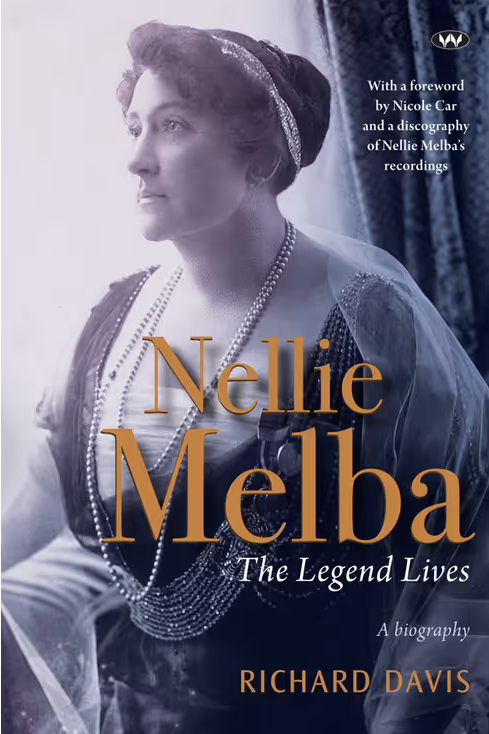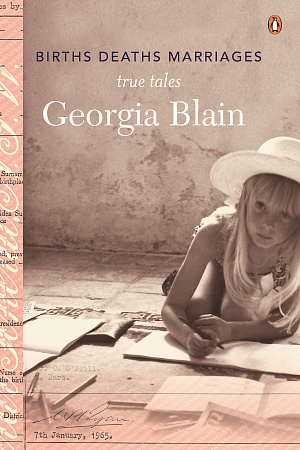The Consul
University of Queensland Press, $32.99 pb, 287 pp
Cons, ops, and con-ops
When Australians working in diplomatic posts share anecdotes, the best usually come from the consuls. They recount travellers’ tales of love and loss, dissipation and disaster, adventure and misadventure from Australians perpetually on the move – at least until the pandemic. It’s the consuls’ job to help those who are injured, robbed, kidnapped, arrested, or otherwise distressed abroad.
Their tales could fill more books than this one by Ian Kemish, who headed DFAT’s consular service for five momentous years. His engrossing account reveals what happened to travelling Australians, particularly between 1999 and 2004, and what followed. I’ll divide what seemed an epoch of its own to the consuls into the age of innocence, the age of terror, and the age of experience.
In the age of innocence, Australians who assumed they could go anywhere and do anything kept the consuls busy. In Manila, there might be a queue of elderly Australian men seeking certificates of no impediment to marrying young Filipinas. In Kathmandu, the consuls often had to rescue Australian mountaineers with altitude sickness or to repatriate dead ones. In Jakarta and Kuala Lumpur, arrests and executions for drug trafficking preoccupied them and the Australian media.
Continue reading for only $10 per month. Subscribe and gain full access to Australian Book Review. Already a subscriber? Sign in. If you need assistance, feel free to contact us.















Leave a comment
If you are an ABR subscriber, you will need to sign in to post a comment.
If you have forgotten your sign in details, or if you receive an error message when trying to submit your comment, please email your comment (and the name of the article to which it relates) to ABR Comments. We will review your comment and, subject to approval, we will post it under your name.
Please note that all comments must be approved by ABR and comply with our Terms & Conditions.